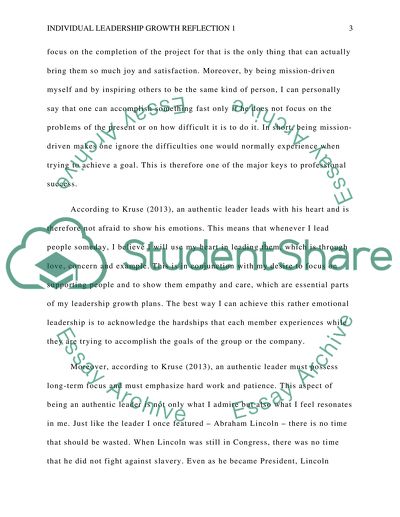Cite this document
(“Individual Leadership Growth Reflection1 Assignment”, n.d.)
Individual Leadership Growth Reflection1 Assignment. Retrieved from https://studentshare.org/human-resources/1636783-individual-leadership-growth-reflection1
Individual Leadership Growth Reflection1 Assignment. Retrieved from https://studentshare.org/human-resources/1636783-individual-leadership-growth-reflection1
(Individual Leadership Growth Reflection1 Assignment)
Individual Leadership Growth Reflection1 Assignment. https://studentshare.org/human-resources/1636783-individual-leadership-growth-reflection1.
Individual Leadership Growth Reflection1 Assignment. https://studentshare.org/human-resources/1636783-individual-leadership-growth-reflection1.
“Individual Leadership Growth Reflection1 Assignment”, n.d. https://studentshare.org/human-resources/1636783-individual-leadership-growth-reflection1.


